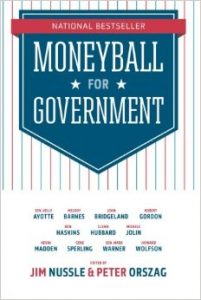Last weekend, America was shocked by yet another mass shooting incident. Nearly 50 people were shot, with 27 of those being fatalities. Just minutes after the news broke, social media became a frenzy and the two very distinct sides of the gun debate reemerged.


Regardless of which side of the second amendment a person stands on, everyone (I would hope) can agree on one thing: Devin Kelley should have never been able to purchase a gun. Unlike the Las Vegas shooter, who had no criminal record and little mental health history other than a Valium prescription, Kelley had a longstanding and well documented criminal and mental health background.
Kelley’s colorful past included him serving time imprisoned for beating his wife and cracking his stepson’s scull, for which he received a ‘bad conduct’ discharge from the Air Force. He had been institutionalized in a mental health facility, and at one point he briefly escaped. He had an animal cruelty charge that kept him from obtaining a license to carry in Texas. He was arrested in New Mexico after sneaking guns onto an Air Force base in an alleged attempt to carry out death threats. And, to top it all off, he was the suspect in an unsolved rape case.
Nonetheless, Kelley was able to pass the background check required to buy guns on four separate occasions and in two different states. In a time when we can share information across the world in just seconds, it is absurd that none of his history showed up. The sheer amount of times he slipped through the cracks shows that this failure was no anomaly, but the result of a systematic issue.
Despite the fact that everyone wants these shootings to stop, the gun control issue has become so polarized that it seems there’s no way to mediate the topic. There is no discussion when it comes to the gun debate, only insults thrown. Both sides are so strongly dedicated to their stances that no one is willing to communicate with each other. The politicians who have the power to make the change seem to be too worried about upsetting their constituencies to put forth bipartisan regulation. Instead, the Democrats push for overly ambitious bills while Republicans push for the opposite.
The only way we will be able to move past this is if we communicate. There are thousands of studies on this topic, and every citizen needs to work to try and understand the actual research, rather than just spewing their (uneducated) opinions. The longer we remain stalemated in our prideful viewpoints, the more lives will be lost. We must listen to each other and try to understand others’ reasons for their beliefs in order to compromise. Then, and only then, we will be able to come to a gun control solution that works for everyone and actually passes into law.

 In particular, the benefits of using statistical methods and mathematical modeling seem clear. Such groups as
In particular, the benefits of using statistical methods and mathematical modeling seem clear. Such groups as